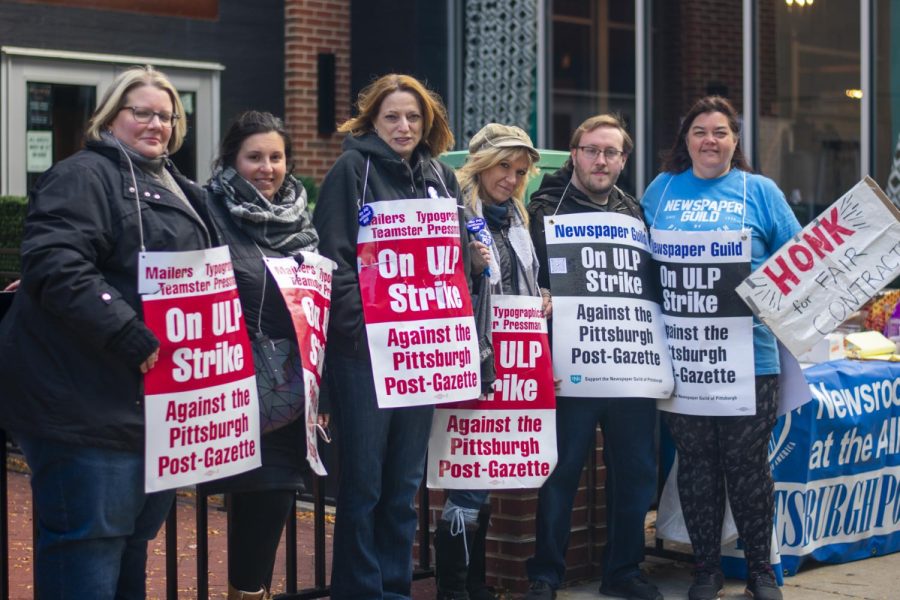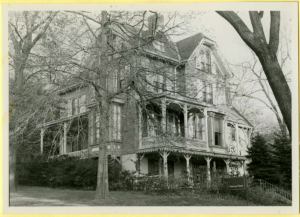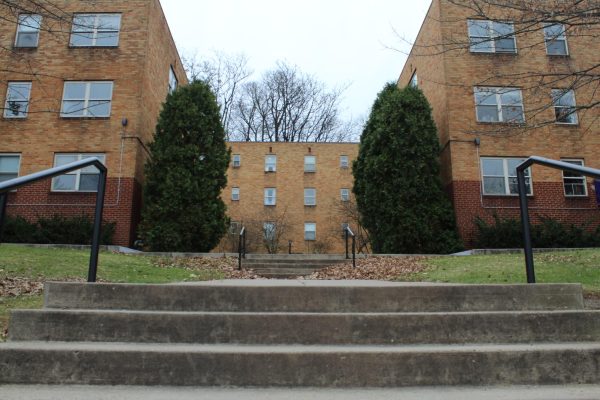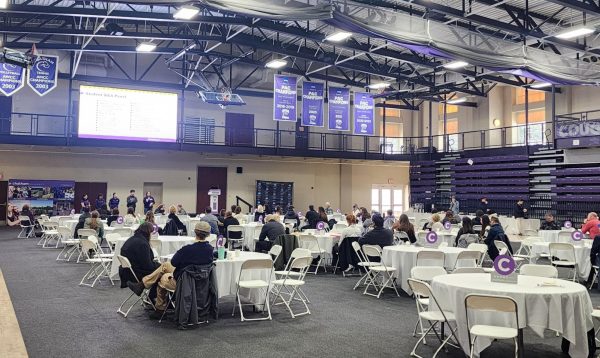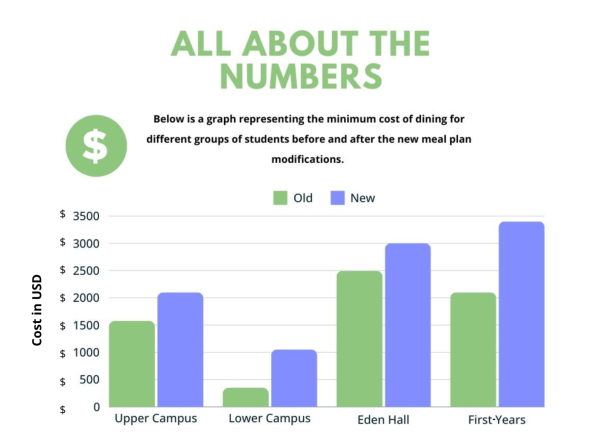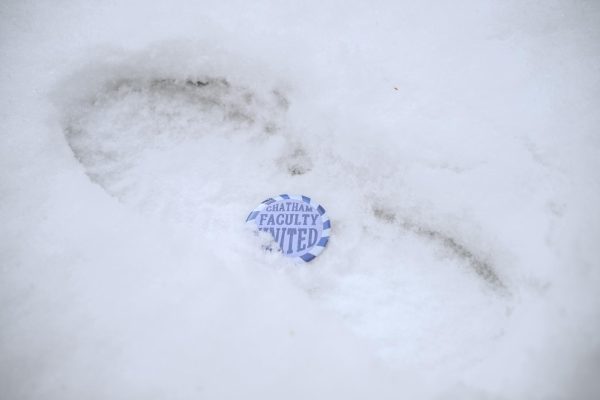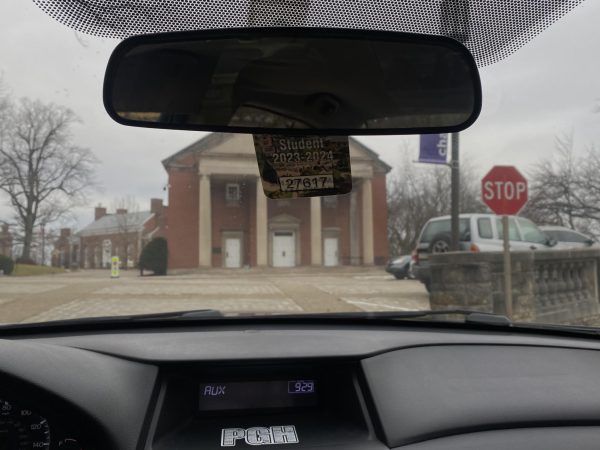Why the Post-Gazette strike matters to student journalists
Pittsburgh Post-Gazette news workers stand on the picket line outside of the Post Gazette’s North Shore office on N Shore Dr on Thursday, Oct. 27, 2022. Photo Credit: Lilly Kubit
November 4, 2022
On Oct. 6, Pittsburgh Post-Gazette printing, design, distribution and advertising employees went on strike after the Post-Gazette’s owner, Block Communications Inc., declined to pay additional money so employees could maintain their existing healthcare benefits..
At noon on Oct. 18, members of the Newspaper Guild of Pittsburgh, which represents about 100 newsroom employees, walked out and joined the other workers on the picket line after taking a 38 to 36 vote a day prior.
Today, if you walk along North Shore Drive near Stage AE, you’ll notice some people with signs saying they are on strike against the Pittsburgh Post-Gazette for unfair labor practices. This strike will determine how newsroom workers are treated and compensated by management for years to come.
If it fails, local journalism faces a dark future.
This is the first newspaper strike in Pittsburgh in 30 years.
According to the Newspaper Guild of Pittsburgh, the strike came on the heels of Block Communications Inc. declaring in 2020 an illegal impasse on contract negotiations. These union members have been negotiating with the company for a contract since 2017. They haven’t received a raise in 16 years, despite inflation. Prior to walking off the job earlier this month, many union members participated in a byline strike, leaving their names off their published stories.
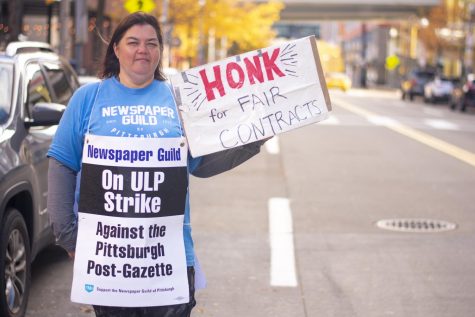
In December, I am graduating and entering the workforce to look for work as a photojournalist, and I am scared I will not be able to afford the life I want on a journalist’s salary. Journalists should be focusing on how to provide the best coverage, not how they can scrimp and save to afford to do their job.
In an age where technological advancements have made information move lightning-fast, accurate reporting is more important than ever. Journalists strive to provide an unbiased filter for this information, which helps lessen the amount of clickbait and misinformation shared.
Local news publications are especially crucial to communities because they can do closer-to-home coverage than national news can.
Many journalists work long, hard hours, and with owners like Block Communications Inc. not giving them raises to keep up with inflation, their work is paid less than what it is worth. At a certain point, underpaid journalists are forced to choose which they value more: their work or their lives.
This is why unions are so important. Alone, workers might not be able to advocate for themselves and demand proper treatment; one worker against a goliath of a corporation is an almost impossible challenge. Unions help one voice become many, and ultimately help workers have more negotiation power.
Some Post-Gazette reporters left the union to continue working. They have kept their jobs, and the striking workers are only denouncing the paper’s owners – and The Butler Eagle, the company that has been printing the Post-Gazette during the strike.
The temptation to not join a strike or abandon a union in an effort to avoid upsetting employers is understandable, but not joining together to protest unfair policies will cause more exploitation of workers in the future – in journalism and other fields.
When union members defect, unions lose power. Journalists cannot rely on the hopes that they will be paid well simply because their work is important.
Without unions fighting for ethical working conditions, student journalists like me could be graduating and entering a field where they are underpaid.
While I would love to work as a photographer for a local publication – and have already gained experience through three internships with local media outlets – this treatment of journalists has made me afraid to work in the field full-time, and I have started to search for jobs in other fields in case I can’t make enough money. I am devastated knowing I might not be able to do the work I am passionate about, but I refuse to be paid less than my work is worth.
The Post-Gazette is still publishing content, but readers should consider going elsewhere for news to support the striking workers. It is more vital than ever to support the workers and other media outlets in this city who are picking up coverage in the wake of Post-Gazette workers walking off the job.
Newsroom workers on strike have started a publication called Pittsburgh Union Progress (unionprogress.com), and other newsrooms such as Pittsburgh City Paper and PublicSource have pledged to assist in covering events. College newspapers are another great source for local news.
The outcome of this strike will decide the future of our news culture and climate in Pittsburgh. Will journalists receive fair compensation or be worked to burnout? While I hope it is the former, without the support from all of us, these striking workers will see no end to the impasse.


